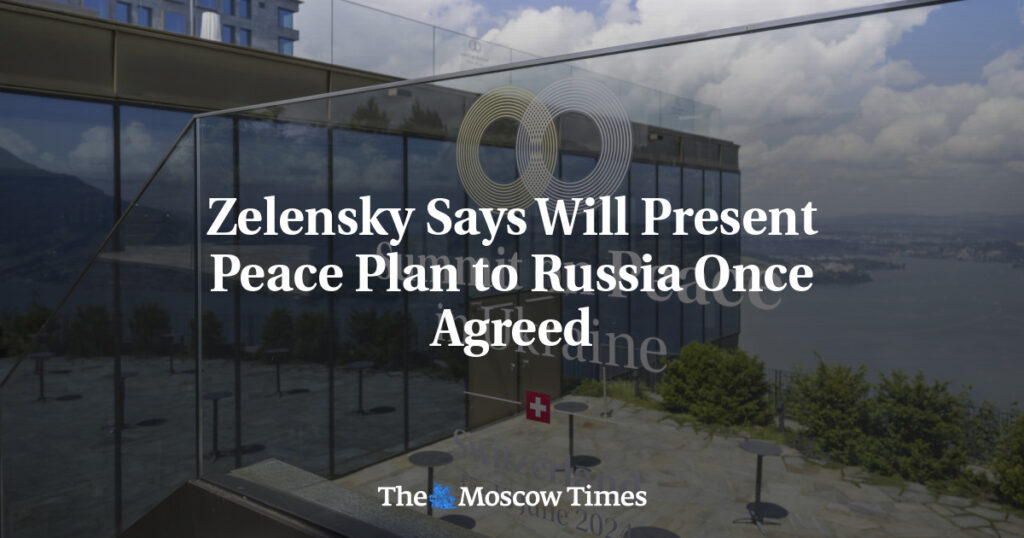Ukrainian President Volodymyr Zelensky delivered a significant announcement on Saturday, declaring his intention to present a proposal for resolving the ongoing conflict with Russia. This proposal, once endorsed by the international community, aims to lay the groundwork for a just and lasting peace settlement. Zelensky emphasized the importance of collectively defining what a fair peace entails and how it can be achieved in a sustainable manner. He expressed optimism that by establishing these parameters, the path towards ending the war with Russia can be solidified. However, he did not specify whether direct talks with Russian President Vladimir Putin were on the table.
In contrast, Russian President Putin outlined his own requirements for ending the conflict, demanding that Ukraine withdraw its troops from specific regions and abandon its aspirations to join NATO. These conditions were swiftly rejected by Zelensky and characterized by U.S. Vice President Kamala Harris as tantamount to surrender, rather than genuine negotiation. International leaders, including German Chancellor Olaf Scholz and European Commission chief Ursula von der Leyen, underscored the need for a resolution on Kyiv’s terms to prevent legitimizing Russia’s annexation of Ukrainian territory.
While Western nations reaffirmed their support for Ukraine, some voices outside the traditional allies advocated for dialogue with Russia and criticized certain sanctions imposed by the West. Saudi Foreign Minister Faisal bin Farhan Al-Saud and Kenya’s President William Ruto highlighted the importance of considering difficult compromises and legality in resolving the conflict. Ruto particularly condemned the unilateral appropriation of Russian assets by the G7 as unlawful, condemning Russia’s invasion as a horrific display of violence and destruction. The complexities of the peace process underscore the challenges that lie ahead in achieving a sustainable and equitable resolution to the conflict.
